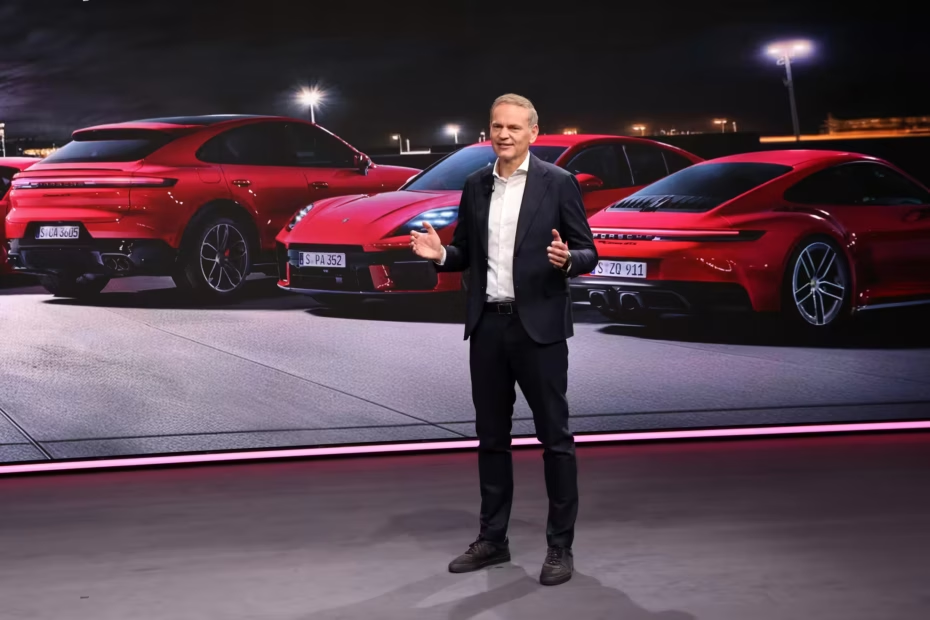Porsche AG ended the fiscal year 2024 with robust results, exceeding expectations in a complex global environment. The sports car manufacturer recorded record sales in four out of five regions of the world and a strong automotive net cash flow, nearly reaching the record levels of 2023. The numbers reflect the resilience of the brand and the effectiveness of its strategies, even in the face of headwinds.
2024 Financial Results: Highlights
The year 2024 was marked by solid financial performance for Porsche. Group sales revenue reached €40.1 billion, slightly less than the previous year, but offset by better pricing positioning and increased vehicle customization. The group’s operating profit reached €5.6 billion, resulting in an operating return on sales of 14.1%. The automotive net cash flow remained strong at €3.7 billion, close to the record set in 2023. The company proposed a stable dividend compared to the previous year, demonstrating confidence in its financial health.
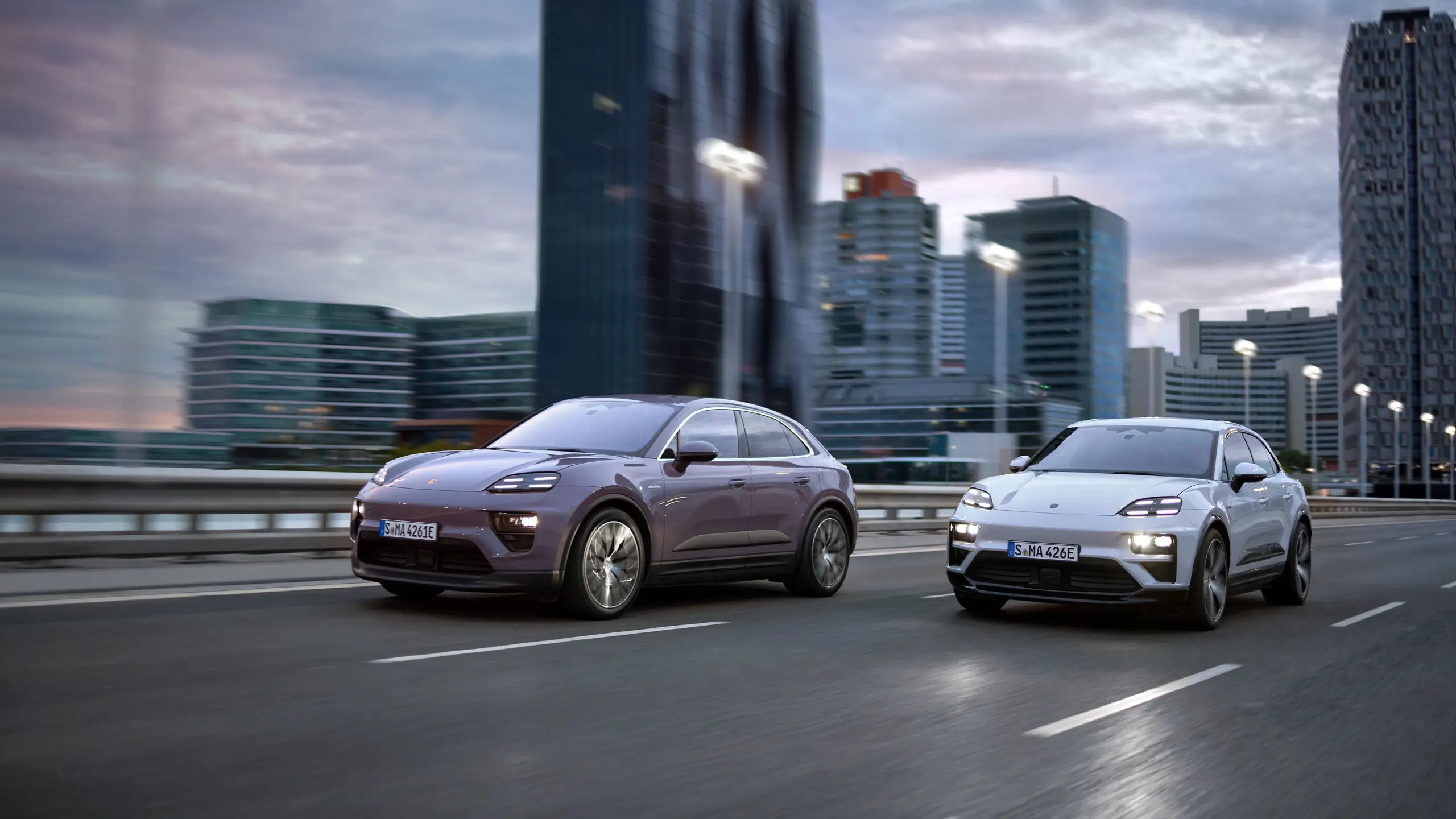
Despite the positive results, Porsche faced significant challenges in 2024. Negative market developments in China, the slowdown of electrification, and supply chain disruptions impacted profits. However, Porsche management implemented effective countermeasures to partially mitigate these impacts, demonstrating agility and adaptability.
Global Sales and Product Strategy
In 2024, Porsche delivered 310,718 vehicles, a slight decrease compared to the previous year, mainly due to challenges in China. Nevertheless, the brand achieved record sales in Europe, Germany, North America, and overseas and emerging markets. The Cayenne remained the best-selling model, followed by the Macan and the iconic 911.
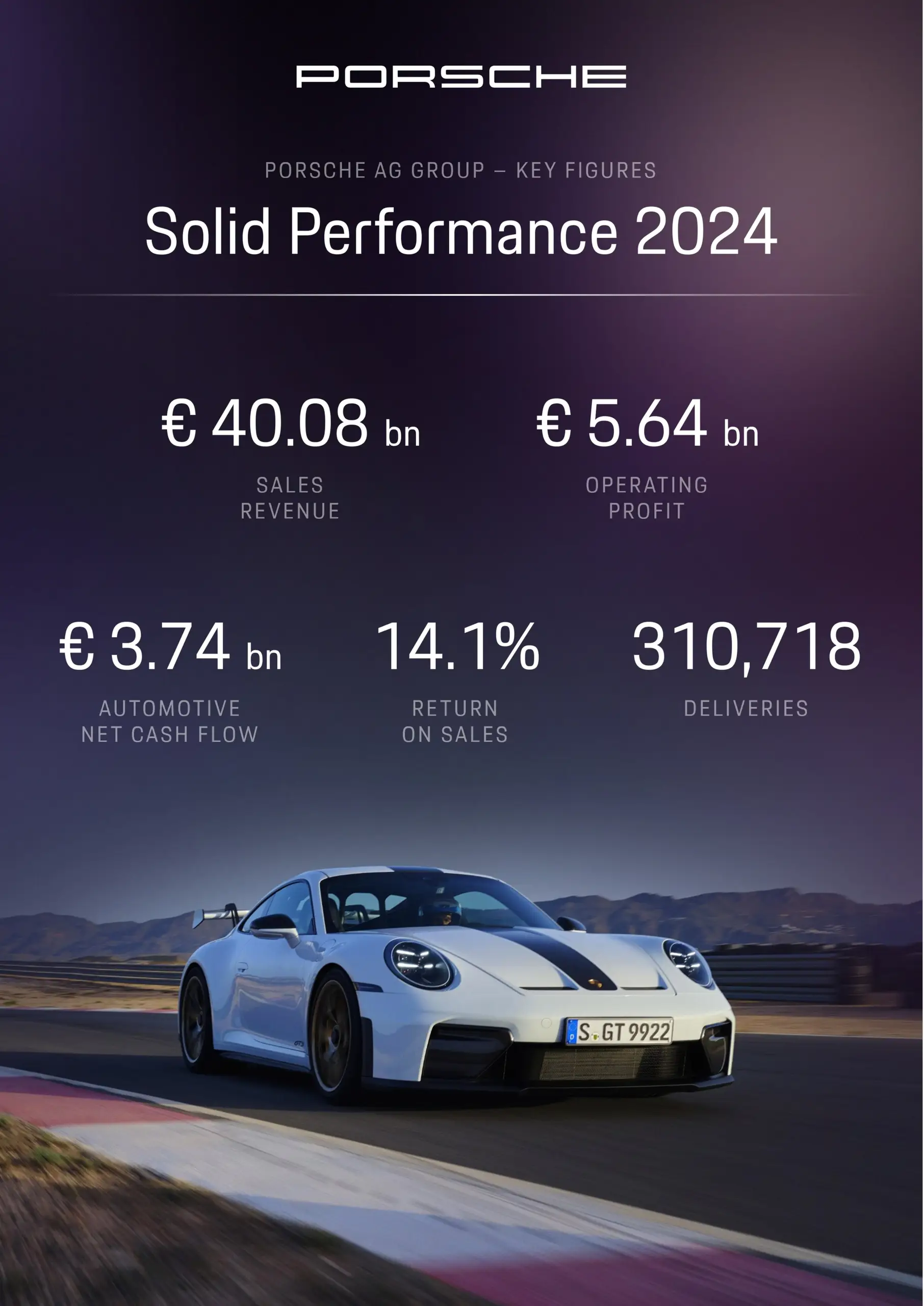
A crucial point in Porsche’s strategy is electrification. In 2024, electrified vehicles represented 27% of total sales, with about half being fully electric models. The company projects a significant increase in this share in the coming years, expecting 33% to 35% of electrified vehicles by 2025, including 20% to 22% fully electric.
Porsche refreshed five of its six model lines in 2024, including the Cayenne, Panamera, Taycan, 911, and the electric Macan. The company emphasizes that it will continue to offer a combination of combustion engines, plug-in hybrids, and fully electric vehicles across all segments until the 2030s. Given the slower transition to electric mobility, Porsche plans to expand its portfolio with additional combustion and plug-in hybrid models in the coming years.
Focus on the Future: Recalibration and Investments
Looking to the future, Porsche is implementing a comprehensive recalibration program to sustainably strengthen the company. This program includes a focus on cost structure and additional investments in combustion engines, plug-in hybrids, and battery activities. The company is also seeking to increase efficiency and performance through the “Road to 20” program, aiming for an operating return on sales of over 20% in the long term.
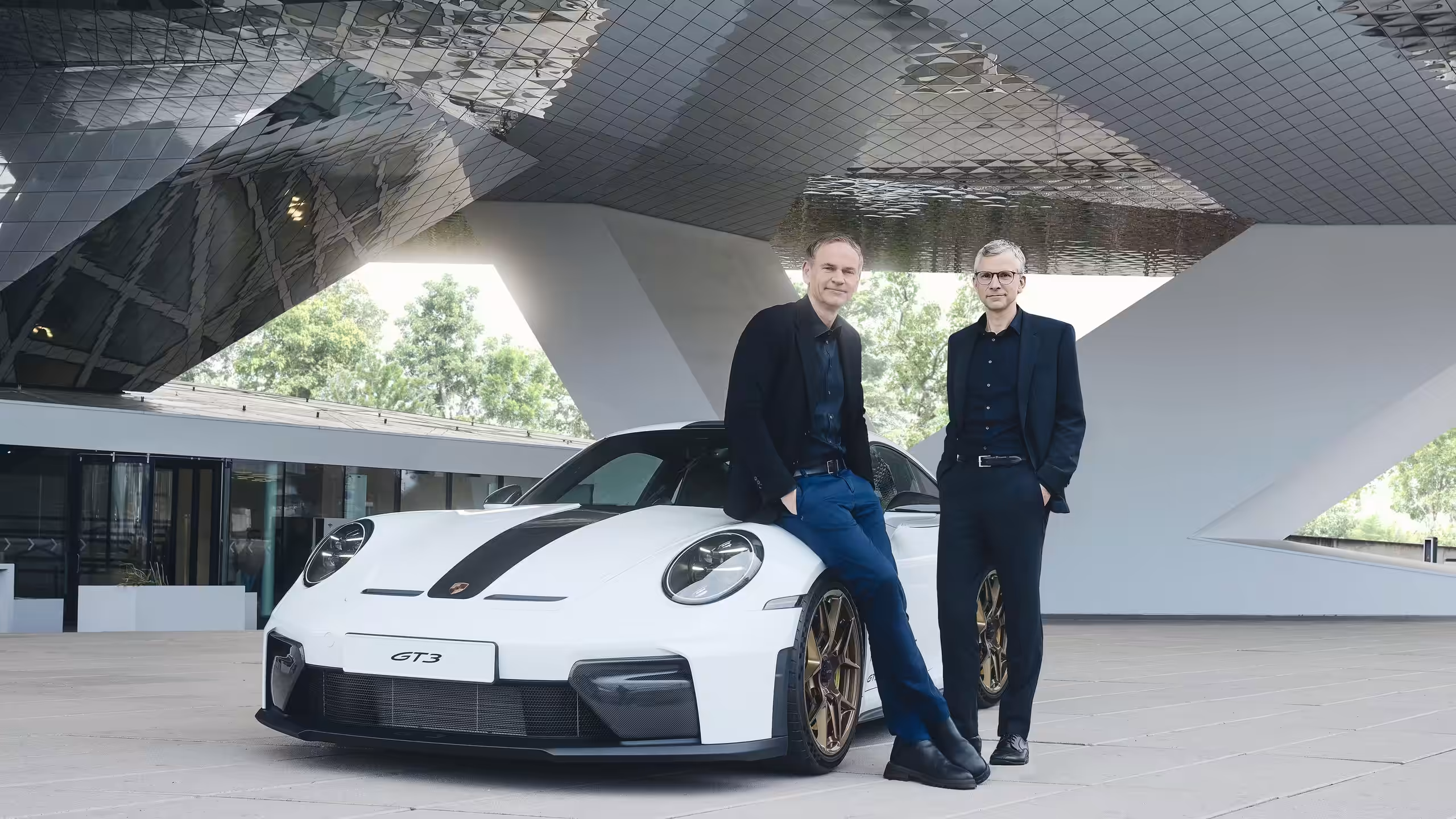
In 2025, Porsche plans to invest an additional €800 million in recalibration, product portfolio, software, and battery activities. These investments will negatively impact the results for 2025, with the company forecasting an operating return on sales between 10% and 12%. However, Porsche reaffirms its long-term commitment to profitability above 20%.
Porsche is also expanding customization options through the Porsche Exclusive Manufaktur and Sonderwunsch program, seeking to meet individual customer desires and increase revenue per vehicle.
Leadership Changes and Restructuring
In February 2025, Porsche AG made changes to its Executive Board. Dr. Jochen Breckner took responsibility for Finance and IT, and Matthias Becker for Sales and Marketing. The company also initiated a personnel reduction program, aiming to reduce about 1,900 positions by 2029 through socially responsible measures.
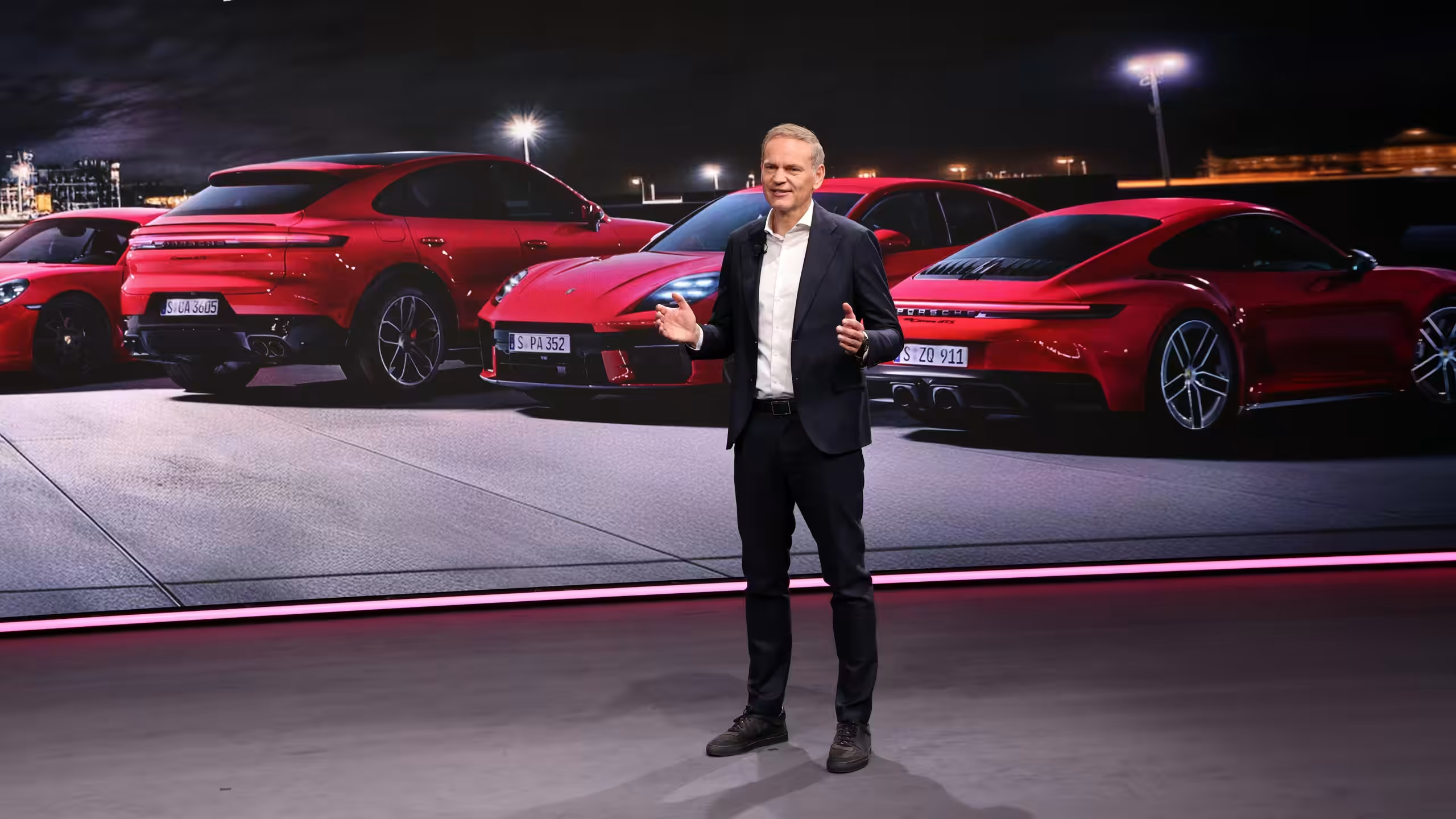
Porsche demonstrates confidence in its strategy and capability to overcome market challenges. With a refreshed product portfolio, a focus on innovation, and proactive management, the brand is preparing for a successful future, maintaining its leadership position in the luxury sports car market.
Author: Fabio Isidoro
Fabio Isidoro is the founder and editor-in-chief of Canal Carro, where he has been writing about the automotive world since 2022. Passionate about cars and technology, he began his journey on the HospedandoSites portal and today dedicates himself to creating technical content and comprehensive analyses of national and international vehicles. 📩 Contact: contato@canalcarro.net.br

